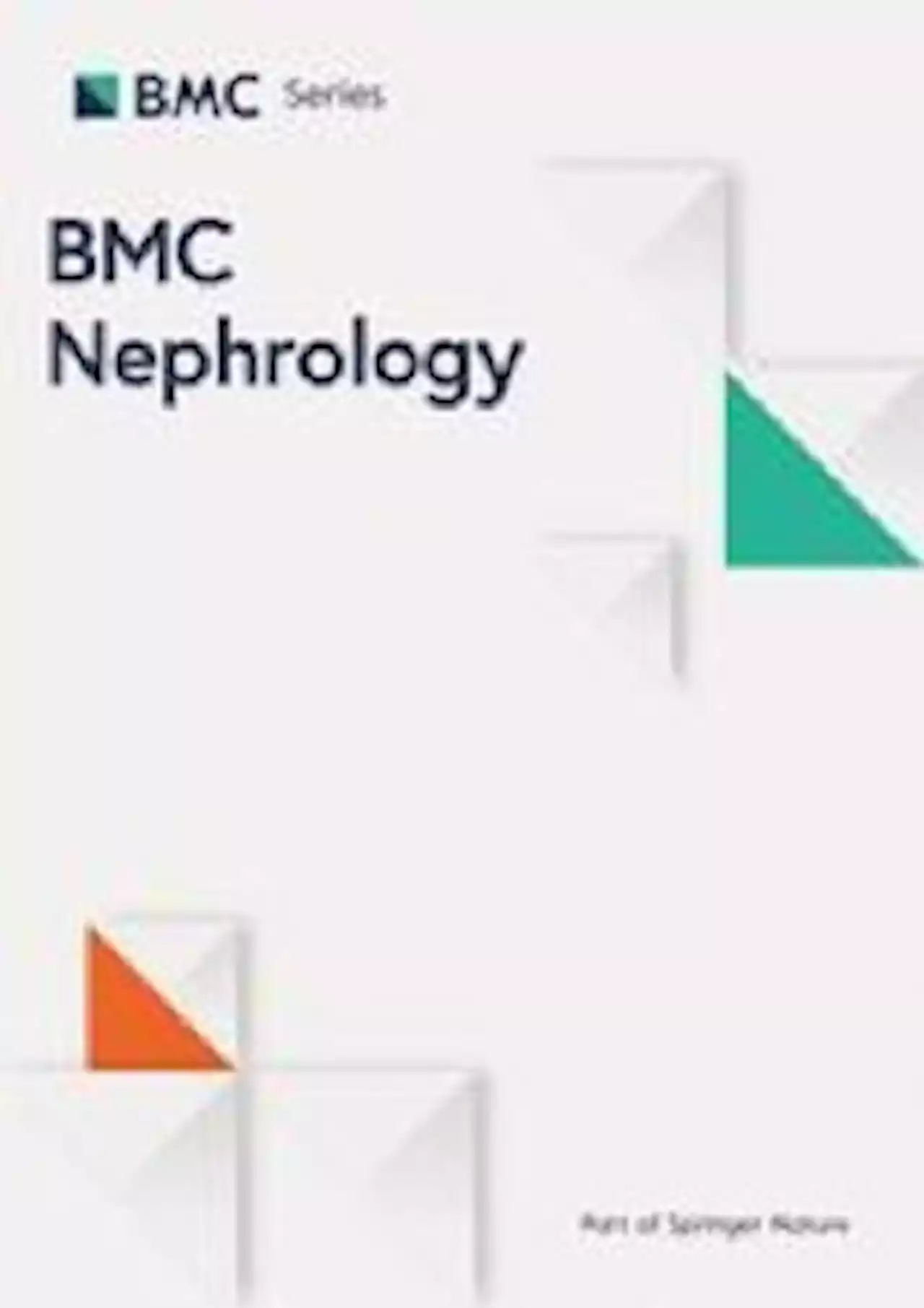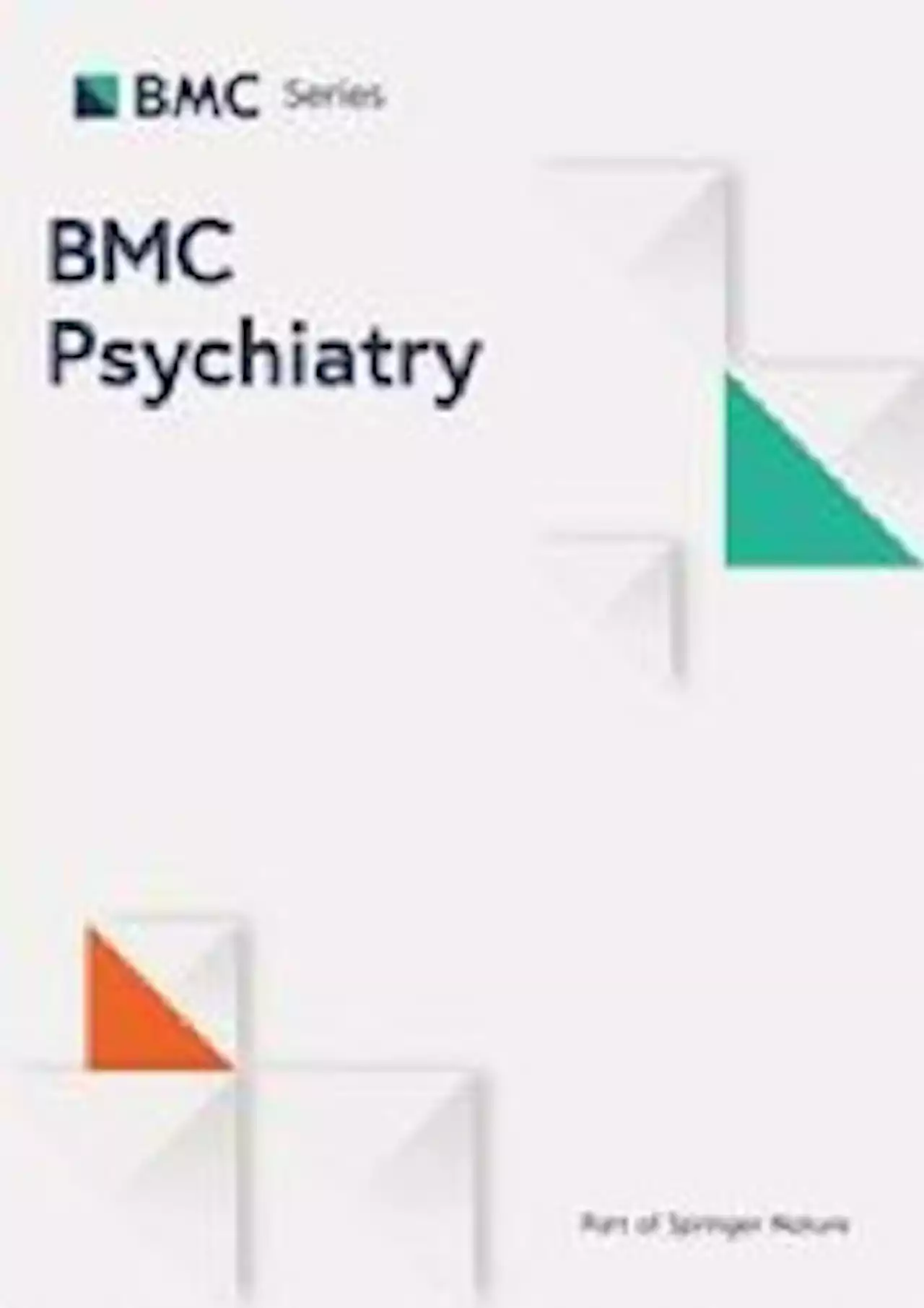COMMENT: Children’s hair relaxers should be banned Studies highlight how chemical relaxers can have a damaging impact on a child’s health, so why aren’t we prioritising their well-being? by Lmyah_sherae
I RECENTLY drove to Brixton to buy some products for my hair. As I browsed through one of the stores, I noticed the huge range of chemical relaxers on display, many of which were explicitly targeted at children. In fact, they were explicitly targeted at little Black girls, to be precise.
I suppose it goes back to the idea I briefly mentioned before – that hair relaxers are all too frequently seen as a quick way to make a child’s hair more “manageable”. But we have to take a moment to ask ourselves, is this really the case? Is straighter hair genuinely easier to manage, or do societies simply spend more on educating us about how to take care of straight hair?
But children on the other hand? I think there needs to be greater regulation and more protection for this age group. As an adult, you can make the decision for yourself knowing the long-term damage it can have on your hair and overall health, but how are children meant to understand these risks? Should they honestly be tasked with making such serious decisions?
Belgique Dernières Nouvelles, Belgique Actualités
Similar News:Vous pouvez également lire des articles d'actualité similaires à celui-ci que nous avons collectés auprès d'autres sources d'information.
 NI dad graduates after son born with hole in his heart during studiesDuring Noel’s second year of studies, little Oscaír was born and he had a tough start to life
NI dad graduates after son born with hole in his heart during studiesDuring Noel’s second year of studies, little Oscaír was born and he had a tough start to life
Lire la suite »
 Princess Royal meets international students in visit to Shropshire universityThe Princess Royal has paid a visit to Harper Adams University, meeting a group of scholars who will use their studies to benefit communities in Africa and India.
Princess Royal meets international students in visit to Shropshire universityThe Princess Royal has paid a visit to Harper Adams University, meeting a group of scholars who will use their studies to benefit communities in Africa and India.
Lire la suite »
 Childhood modifiable risk factors and later life chronic kidney disease: a systematic review - BMC NephrologyBackground Relationships between adulthood modifiable risk factors and chronic kidney disease (CKD) are well-established, but associations with childhood risk factors are unclear. This study systematically assesses the published evidence about childhood modifiable risk factors and adulthood CKD. Methods We searched MEDLINE, EMBASE, and Web of Science to 6th May 2022. Articles were included if (1) they were population-based longitudinal studies, (2) exposures were potentially modifiable, for example through pharmacological or lifestyle modifications, including clinical conditions/measures (diabetes, blood pressure, adiposity, and dyslipidaemia); health behaviours (smoking, alcohol consumption, physical activity, fitness, and poor nutrition); and socio-economic factors (socio-economic position), and occurred during childhood (ages 2–19 years), and (3) outcome was CKD or surrogate markers of CKD in adulthood (ages 20 years or older). Three reviewers independently extracted the data. Results 15,232 articles were identified after deduplication; 17 articles met the inclusion criteria, reporting childhood blood pressure (n = 8), adiposity (n = 4), type 2 diabetes (n = 1), socio-economic position (n = 1), famine (n = 1), cardiorespiratory fitness (n = 1), and a healthy lifestyle score (n = 1). The results suggested positive associations of childhood adiposity, type 2 diabetes, and low socio-economic position and cardiorespiratory fitness in females with CKD in adulthood. Findings were inconsistent on associations between childhood BP and CKD in adulthood. Childhood healthy lifestyle score and exposure to famine were not associated with risk of CKD in adulthood. Conclusions The limited evidence suggests childhood factors may contribute to the CKD risk in adulthood, particularly adiposity, type 2 diabetes, and low socio-economic position and cardiorespiratory fitness in females. Further high-quality community-based studies are needed with long-term follow-up and investigation
Childhood modifiable risk factors and later life chronic kidney disease: a systematic review - BMC NephrologyBackground Relationships between adulthood modifiable risk factors and chronic kidney disease (CKD) are well-established, but associations with childhood risk factors are unclear. This study systematically assesses the published evidence about childhood modifiable risk factors and adulthood CKD. Methods We searched MEDLINE, EMBASE, and Web of Science to 6th May 2022. Articles were included if (1) they were population-based longitudinal studies, (2) exposures were potentially modifiable, for example through pharmacological or lifestyle modifications, including clinical conditions/measures (diabetes, blood pressure, adiposity, and dyslipidaemia); health behaviours (smoking, alcohol consumption, physical activity, fitness, and poor nutrition); and socio-economic factors (socio-economic position), and occurred during childhood (ages 2–19 years), and (3) outcome was CKD or surrogate markers of CKD in adulthood (ages 20 years or older). Three reviewers independently extracted the data. Results 15,232 articles were identified after deduplication; 17 articles met the inclusion criteria, reporting childhood blood pressure (n = 8), adiposity (n = 4), type 2 diabetes (n = 1), socio-economic position (n = 1), famine (n = 1), cardiorespiratory fitness (n = 1), and a healthy lifestyle score (n = 1). The results suggested positive associations of childhood adiposity, type 2 diabetes, and low socio-economic position and cardiorespiratory fitness in females with CKD in adulthood. Findings were inconsistent on associations between childhood BP and CKD in adulthood. Childhood healthy lifestyle score and exposure to famine were not associated with risk of CKD in adulthood. Conclusions The limited evidence suggests childhood factors may contribute to the CKD risk in adulthood, particularly adiposity, type 2 diabetes, and low socio-economic position and cardiorespiratory fitness in females. Further high-quality community-based studies are needed with long-term follow-up and investigation
Lire la suite »
 Relationships among autistic traits, depression, anxiety, and maternal–infant bonding in postpartum women - BMC PsychiatryBackground Although several studies have found significant relationships between autistic traits and depression/anxiety, the relationships between autistic traits and postpartum depression/anxiety remain unclear. Moreover, few studies have examined the relationships between autistic traits and mother–infant bonding while considering depression or anxiety. Methods This study used a cross-sectional data analysis design. Participants were 2692 women who completed the Autism-Spectrum Quotient (AQ), Hospital Anxiety and Depression Scale (HADS), and Mother-to-Infant Bonding Scale (MIBS) at 1 month postpartum. We performed path analysis that included parity, the five AQ subscales (social skills, attention switching, attention to detail, communication, and imagination), both HADS subscales (anxiety and depression), and the two MIBS subscales (lack of affection and anger and rejection). Results Our path analysis revealed that higher scores for social skills, attention switching, communication, and imagination were associated with higher scores for depression. Higher scores for social skills, attention switching, attention to detail, and communication were associated with higher scores for anxiety. Moreover, difficulties in social skills and imagination were associated with failure of maternal–infant bonding. However, more attention to detail was associated with better maternal–infant bonding. Conclusions This study suggests that maternal autistic traits are related to anxiety and depression to a certain degree, but only slightly related to maternal–infant bonding at 1 month postpartum. To improve autistic women’s quality of life and that of their newborns, perinatal mental health issues such as anxiety, depression, and maternal–fetal bonding difficulties should be appropriately addressed.
Relationships among autistic traits, depression, anxiety, and maternal–infant bonding in postpartum women - BMC PsychiatryBackground Although several studies have found significant relationships between autistic traits and depression/anxiety, the relationships between autistic traits and postpartum depression/anxiety remain unclear. Moreover, few studies have examined the relationships between autistic traits and mother–infant bonding while considering depression or anxiety. Methods This study used a cross-sectional data analysis design. Participants were 2692 women who completed the Autism-Spectrum Quotient (AQ), Hospital Anxiety and Depression Scale (HADS), and Mother-to-Infant Bonding Scale (MIBS) at 1 month postpartum. We performed path analysis that included parity, the five AQ subscales (social skills, attention switching, attention to detail, communication, and imagination), both HADS subscales (anxiety and depression), and the two MIBS subscales (lack of affection and anger and rejection). Results Our path analysis revealed that higher scores for social skills, attention switching, communication, and imagination were associated with higher scores for depression. Higher scores for social skills, attention switching, attention to detail, and communication were associated with higher scores for anxiety. Moreover, difficulties in social skills and imagination were associated with failure of maternal–infant bonding. However, more attention to detail was associated with better maternal–infant bonding. Conclusions This study suggests that maternal autistic traits are related to anxiety and depression to a certain degree, but only slightly related to maternal–infant bonding at 1 month postpartum. To improve autistic women’s quality of life and that of their newborns, perinatal mental health issues such as anxiety, depression, and maternal–fetal bonding difficulties should be appropriately addressed.
Lire la suite »
 Effects of egg yolk choline intake on cognitive functions and plasma choline levels in healthy middle-aged and older Japanese: a randomized double-blinded placebo-controlled parallel-group study - Lipids in Health and DiseaseBackground Choline, as a neurotransmitter acetylcholine precursor, is reportedly associated with cognitive function. Although there are several cohort and animal studies on choline-containing foods and cognitive function, only a few interventional studies were reported. Egg yolk is a rich source of different choline-containing chemical forms, such as phosphatidylcholine (PC), lysophosphatidylcholine (LPC), and α-glycerophosphocholine (α-GPC). This study aimed to investigate the effect of consuming 300 mg of egg yolk choline per day on cognitive function of Japanese adults. Methods A 12-week, randomized, double-blind, placebo-controlled, parallel-group study was conducted in 41 middle-aged and elderly males and females (43.9% female) aged ≥ 60 years and ≤ 80 years without dementia. Participants were randomly assigned to placebo and choline groups. The choline group received a supplement containing egg yolk choline (300 mg/day), and the placebo group received an egg yolk supplement free from choline for 12 weeks. Assessments of Cognitrax, Trail Making Tests (TMT) part A and B, the MOS 36-Item Short-Form Health Survey (SF-36), the Simplified Japanese Version of the WHO-Five Well-Being Index (WHO-5), and plasma choline levels were performed before and 6 and 12 weeks after supplement intake. In the present study, 19 subjects (9 in the placebo group and 10 in the choline group) were excluded due to the violation of the discontinuation criteria or participant compliance, and 41 subjects were analyzed. Results The change amount of verbal memory scores and verbal memory test-correct hit (delay) was significantly higher in the choline group than in the placebo group at baseline-6 and baseline-12 weeks. The plasma free choline level was significantly higher in the choline group compared with the placebo group at 6 weeks. Conversely, the choline group showed significantly lower Cognitrax processing speed scores, symbol digit coding testing correct responses, and SF-36 physical
Effects of egg yolk choline intake on cognitive functions and plasma choline levels in healthy middle-aged and older Japanese: a randomized double-blinded placebo-controlled parallel-group study - Lipids in Health and DiseaseBackground Choline, as a neurotransmitter acetylcholine precursor, is reportedly associated with cognitive function. Although there are several cohort and animal studies on choline-containing foods and cognitive function, only a few interventional studies were reported. Egg yolk is a rich source of different choline-containing chemical forms, such as phosphatidylcholine (PC), lysophosphatidylcholine (LPC), and α-glycerophosphocholine (α-GPC). This study aimed to investigate the effect of consuming 300 mg of egg yolk choline per day on cognitive function of Japanese adults. Methods A 12-week, randomized, double-blind, placebo-controlled, parallel-group study was conducted in 41 middle-aged and elderly males and females (43.9% female) aged ≥ 60 years and ≤ 80 years without dementia. Participants were randomly assigned to placebo and choline groups. The choline group received a supplement containing egg yolk choline (300 mg/day), and the placebo group received an egg yolk supplement free from choline for 12 weeks. Assessments of Cognitrax, Trail Making Tests (TMT) part A and B, the MOS 36-Item Short-Form Health Survey (SF-36), the Simplified Japanese Version of the WHO-Five Well-Being Index (WHO-5), and plasma choline levels were performed before and 6 and 12 weeks after supplement intake. In the present study, 19 subjects (9 in the placebo group and 10 in the choline group) were excluded due to the violation of the discontinuation criteria or participant compliance, and 41 subjects were analyzed. Results The change amount of verbal memory scores and verbal memory test-correct hit (delay) was significantly higher in the choline group than in the placebo group at baseline-6 and baseline-12 weeks. The plasma free choline level was significantly higher in the choline group compared with the placebo group at 6 weeks. Conversely, the choline group showed significantly lower Cognitrax processing speed scores, symbol digit coding testing correct responses, and SF-36 physical
Lire la suite »
 Spicing up rheumatic disease treatment: Study explores role of herbs and spices in improving patients' conditionResearch explores the potential benefits of herbs and spices in rheumatic diseases, highlighting their bioactive compounds and medicinal properties. It provides an updated review of their mechanisms of action and summarizes human studies in Rheumatoid Arthritis, Osteoarthritis, and Fibromyalgia.
Spicing up rheumatic disease treatment: Study explores role of herbs and spices in improving patients' conditionResearch explores the potential benefits of herbs and spices in rheumatic diseases, highlighting their bioactive compounds and medicinal properties. It provides an updated review of their mechanisms of action and summarizes human studies in Rheumatoid Arthritis, Osteoarthritis, and Fibromyalgia.
Lire la suite »
